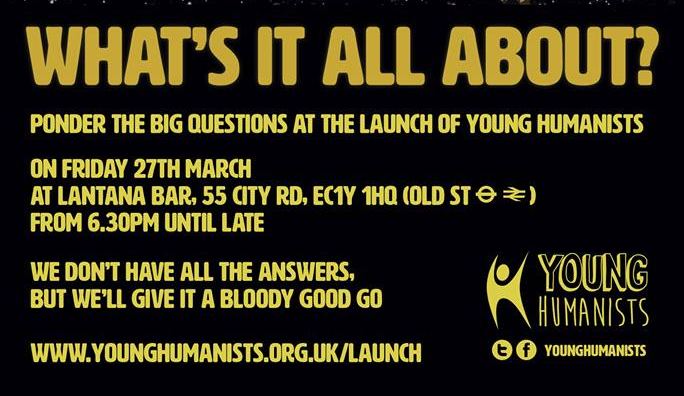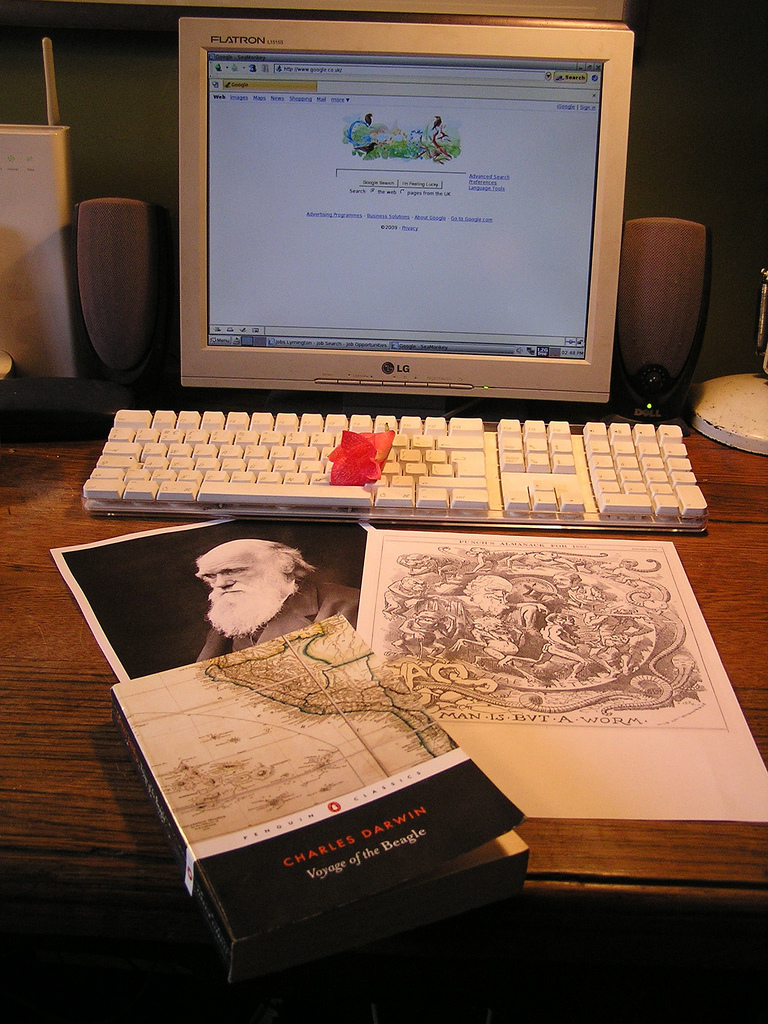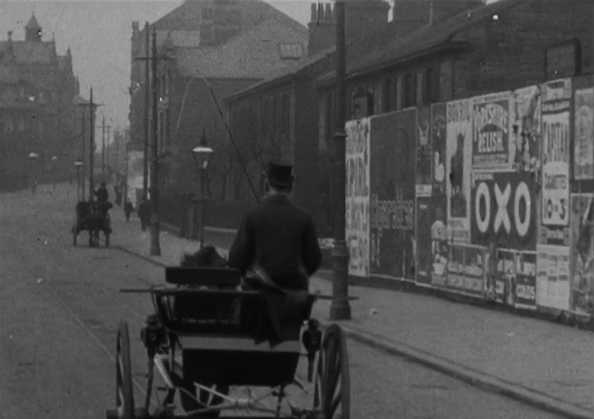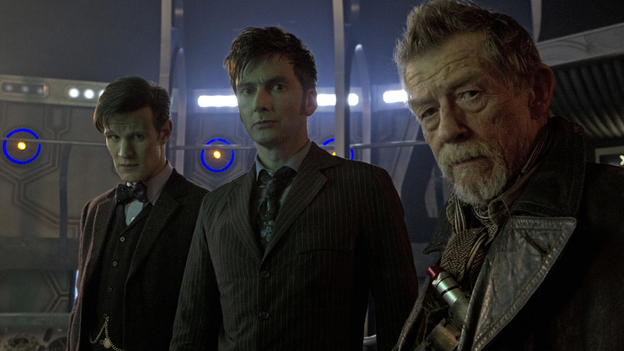
Are young people really becoming more apathetic? The rapid growth of Young Humanists shows they aren’t, says Alice Fuller.
At an excellent event run by Sheffield University students I was recently asked what we could do to conquer apathy amongst younger people. They don’t even care about the issues directly affecting their lives, the attendee said. So why would they care about Humanism?
A look at voter turnout might seem to validate this statement: three quarters of 18-34s voted in the 1964 general election (at roughly the same rate as other age groups), compared to just 55% in 2010. So fewer younger people are voting, which is a problem in its own right, but is this because they’re apathetic about issues or about politicians?
Polls show that while younger people are more bored with politics and politicians than older people, 18-24s have an average of 49 political discussions per year, rising to 75 per year amongst 25-34s. There’s a big difference between having a dim view of the political establishment and not caring about the big issues. From how should my local community be run to how do we address climate change, younger people have vibrant views on a range of questions.
That over 50 volunteers have come forward to build our fledgling section of the British Humanist Association, Young Humanists, should tell us the problem is not apathy, but creating spaces where younger people feel able to play a part in thrashing out the issues and finding the solutions. Young Humanists aims to to do just this.
I would like to extend an invitation to all young humanists to come along to our launch party in London on 27 March for a night of drinks and comedy. As our poster says, Young Humanists might not have all the answers…. but we’ll give it a bloody good go.











